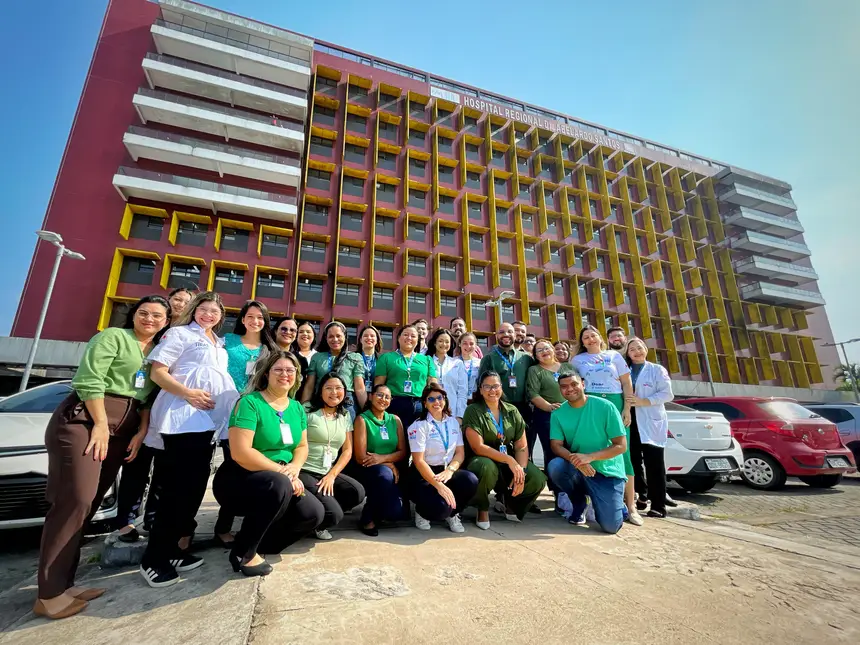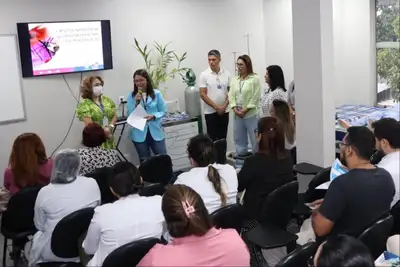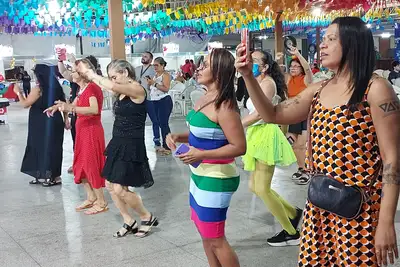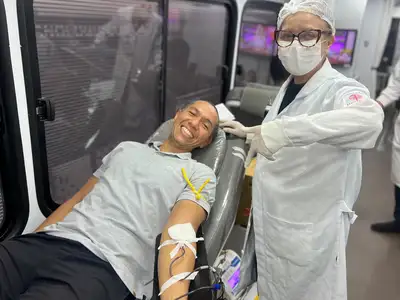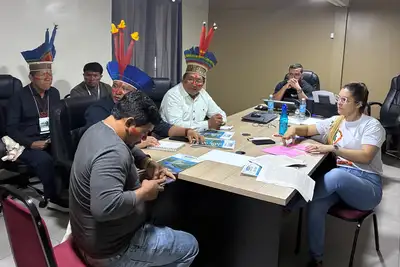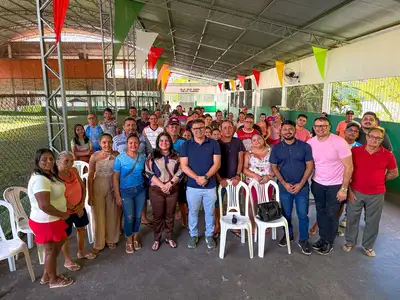Abelardo Santos Hospital strengthens the culture of organ donation through Green September
The unit invests in information to transform potential donors into effective donors, which strengthens the organ transplant network and saves lives
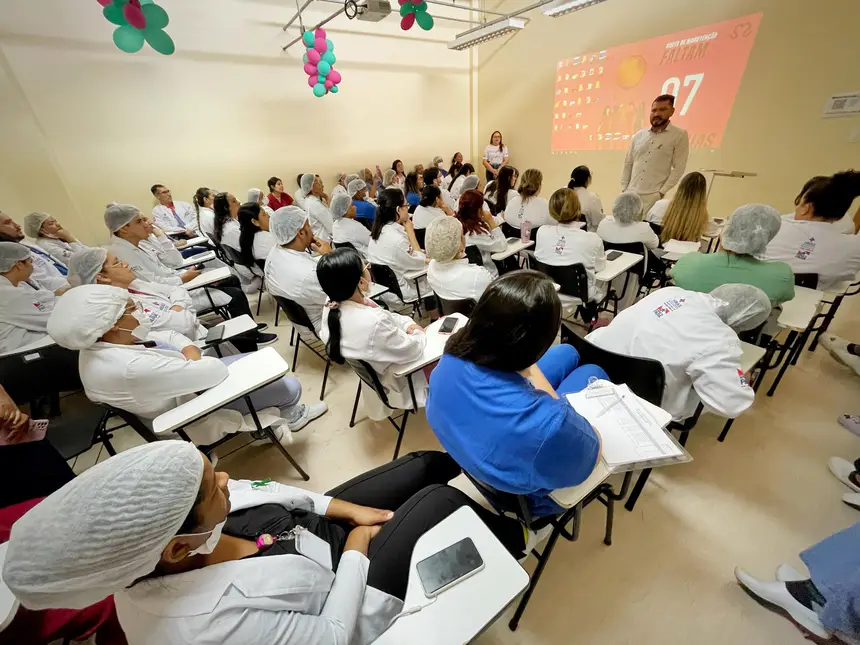
The Dr. Abelardo Santos Regional Hospital (HRAS), in Icoaraci, a district of Belém, is a reference in kidney and liver procurement in Pará. To further expand this work and raise awareness in society about the relevance of organ donation, the theme of the Green September campaign, the unit promoted a series of activities, which concludes today (18) with the 1st Scientific Journey of Organ Donation.
During the event, guests were presented with a survey revealing the difficulty in transforming potential donors into effective donors, even with the technical and human structure available at Abelardo Santos Hospital. In 2024, for example, of the 17 patients considered suitable for donation at HRAS, only two received authorization from their families, resulting in a refusal rate of 88.23%.
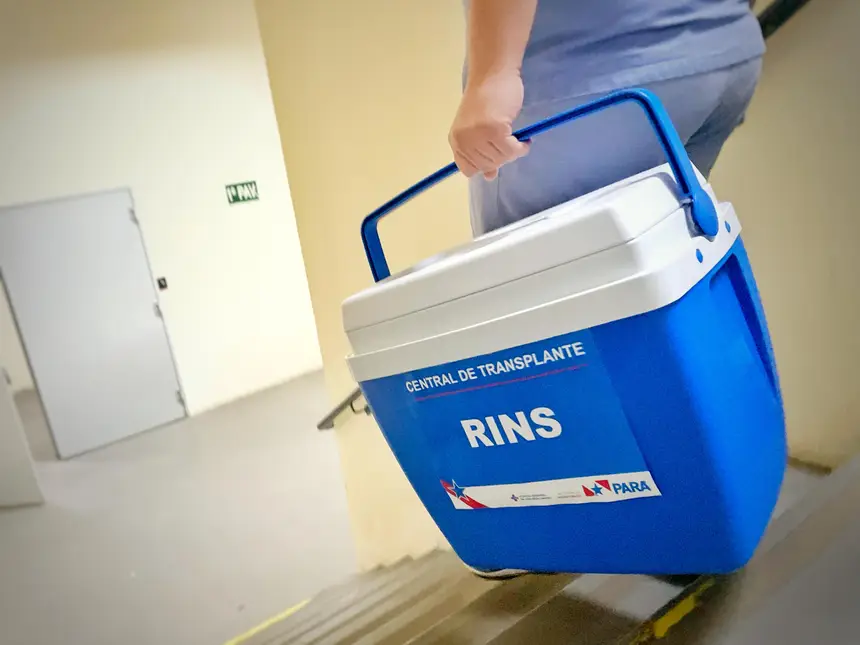
“In many cases, the family is unaware of the deceased's wish to be a donor. Additionally, the lack of information about the donation process, combined with myths and certain fears regarding the integrity of the body, also influences this delicate moment,” emphasizes nurse Dejenane Costa, president of the Intra-Hospital Commission for Organ and Tissue Donation for Transplants (CIHDOTT) at HRAS.
In the national context, according to the Brazilian Association of Organ Transplantation (ABTO), more than 40% of possible donations do not materialize due to family refusal. This means that, even with the potential to save up to eight lives with a single donor, the final decision of relatives prevents the process from advancing. Currently, more than 43,000 people are waiting for a transplant in Brazil.
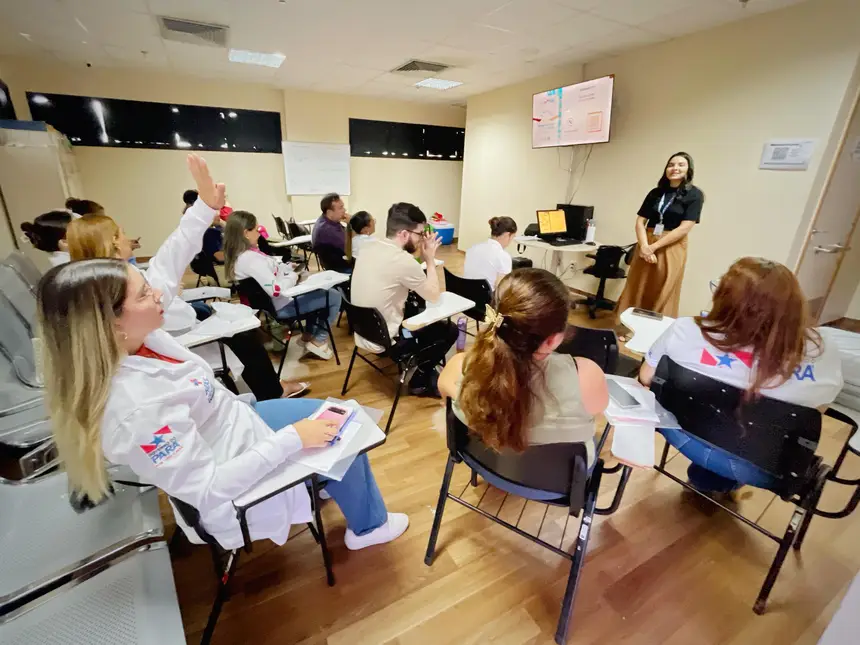
Program
The Scientific Journey of Organ Donation was structured in three stages: lectures, courses, and presentation of research developed by professionals. Among the topics addressed, the importance of family support in the donation process, the role of the nurse in the procurement committee, the ethical aspects related to the donor patient, and strategies for raising public awareness were highlighted.
For Dejenane Costa, in addition to the reasons already mentioned for family refusal, religious and cultural factors also weigh in. “Although most religions do not oppose organ donation, many families interpret the practice as a disrespect to the body or fear that it will interfere with the farewell. In light of these and other aspects, it is essential to intensify awareness campaigns.”
The president of CIHDOTT reminds that HRAS maintains a high-complexity structure and humanization throughout the entire donation process. Care begins with welcoming the patient and extends to supporting the family. Organ procurements are conducted by a multidisciplinary team that includes doctors, nurses, social workers, psychologists, among other professionals.

How to be an organ donor?
According to ABTO and the Transplant Law, no declaration made during life is considered valid to authorize organ donation. This means that it is not possible to register this wish in a will or in documents such as an identity card or driver's license. For this reason, the most important step is to talk to your family and make your wish to be a donor clear.
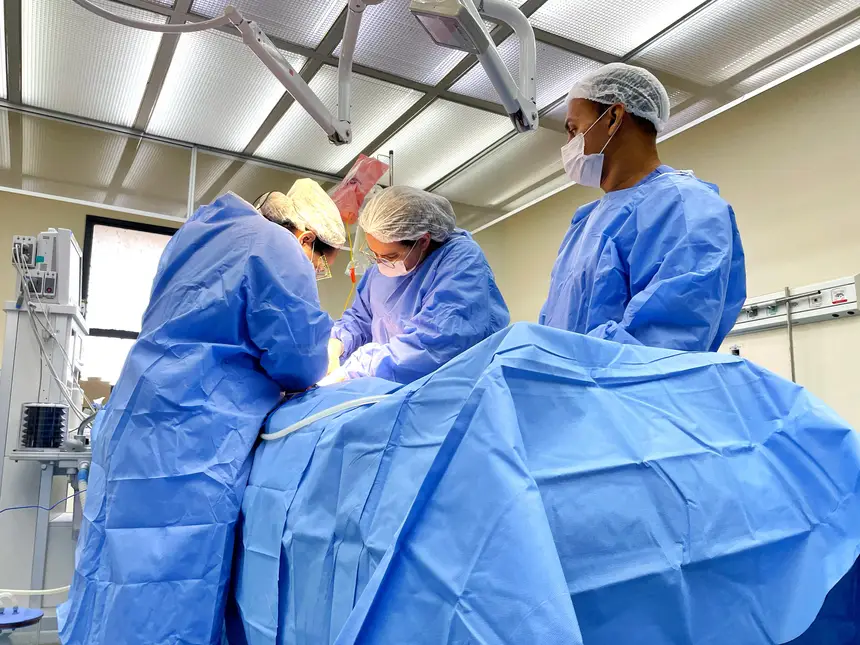
“The more people we can sensitize about the importance of organ donation, the greater the possibility for those patients waiting for an organ to finally experience the moment of transplantation. So our goal is to make this family understand the importance of the process and leave here as replicators of this act of love,” concluded CIHDOTT nurse, Lucinéia Veloso.
The procedures follow the protocols of the Ministry of Health, with clinical examinations and the evaluation of the hospital's CIHDOTT, until the confirmation of the diagnosis of brain death. All procurements are facilitated by the State Health Department of Pará (Sespa), through the State Transplant Center (CET), and are part of actions that strengthen the public transplant policy in the state.



